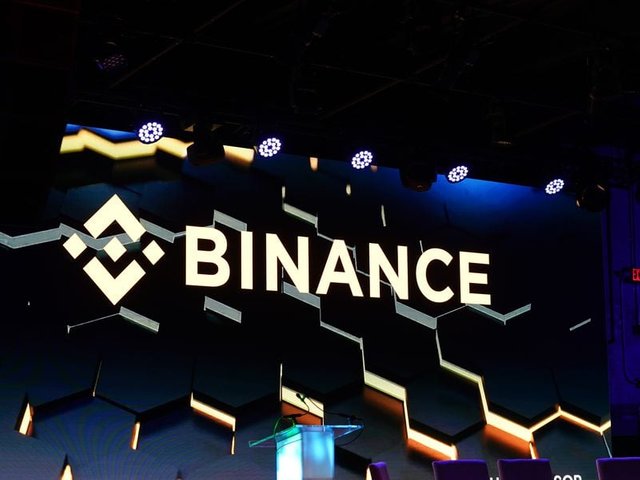Binance vs. India: Tax Battle in the Crypto World
Have you ever wondered how the world's largest cryptocurrency exchange, Binance, navigates the complex world of international tax regulations? 🤔 Well, buckle up because we're about to dive into a story that involves millions of dollars, a showcause notice, and a battle between Binance and the Indian tax authorities.
This blog post will explore the recent tax controversy surrounding Binance in India, examining the details of the showcause notice, the exchange's response, and the potential implications for the cryptocurrency industry. We'll also delve into the broader context of cryptocurrency taxation in India and how this case might shape future regulations.
So, let's get started!
The Showcause Notice: A First Step in a Tax Investigation
The story begins with the Directorate General of Goods and Services Tax Intelligence (DGGI) in India issuing a showcause notice to Binance. 🇮🇳 This notice, issued in late July 2024, demanded nearly $86 million from Binance, alleging that the exchange had collected fees from Indian customers without paying the required taxes.
What is a showcause notice?
A showcause notice is a formal document issued by a government agency when it suspects a violation of tax rules. It essentially asks the recipient to explain why they should not be penalized for the alleged violation.
The DGGI's notice covered the period from June 2017 to March 2024, suggesting that the investigation had been ongoing for some time. The notice specifically targeted Binance's collection of transaction fees from Indian users, which the DGGI claimed should have been subject to Goods and Services Tax (GST).
Binance's Response: Challenging the Notice
Binance, known for its global reach and innovative approach to cryptocurrency trading, didn't take the notice lying down. 🙅♀️ The exchange immediately challenged the notice, arguing that its operations in India were compliant with local regulations.
A Binance spokesperson stated that the company was "fully cooperating with the Indian tax authorities" and was "reviewing the details of the notice." This response suggests that Binance is taking the matter seriously and is prepared to defend its position.
The Broader Context: Cryptocurrency Taxation in India
The Binance case highlights the ongoing challenges of regulating the cryptocurrency industry in India. 🇮🇳 While the country has taken steps to formalize the sector, including the introduction of a 30% tax on cryptocurrency gains in 2022, there are still many gray areas.
The DGGI's action against Binance raises questions about the application of GST to cryptocurrency transactions. The exchange argues that its services fall under the category of Online Information and Database Access or Retrieval Services (OIDAR), which are exempt from GST. However, the DGGI seems to disagree, suggesting that the definition of OIDAR may need further clarification in the context of cryptocurrency.
Potential Implications for the Cryptocurrency Industry
The outcome of this case could have significant implications for the cryptocurrency industry in India.
- Increased Scrutiny: The DGGI's action against Binance could lead to increased scrutiny of other cryptocurrency exchanges operating in India.
- Regulatory Clarity: The case could push for greater clarity on the application of GST to cryptocurrency transactions, providing much-needed guidance for both exchanges and users.
- Investor Confidence: A favorable outcome for Binance could boost investor confidence in the Indian cryptocurrency market. However, a negative outcome could create uncertainty and discourage investment.
What's Next?
The Binance case is still unfolding, and it remains to be seen how the Indian tax authorities will proceed.
- Negotiations: Binance and the DGGI may engage in negotiations to reach a settlement.
- Legal Challenge: Binance could challenge the notice in court, seeking a judicial review of the DGGI's decision.
- Policy Changes: The case could prompt the Indian government to review its cryptocurrency tax policies and provide more specific guidance on the application of GST.
Conclusion: A Case to Watch Closely
The Binance case in India is a significant development in the global cryptocurrency landscape. It highlights the challenges of regulating a rapidly evolving industry and the need for clear and consistent tax policies.
This case is a reminder that the cryptocurrency industry is still in its early stages and that regulatory uncertainty is a major factor for businesses and investors.
What are your thoughts on the Binance case? Do you think the DGGI's action is justified? Share your opinions in the comments below! 👇
Stay tuned for updates on this developing story!
